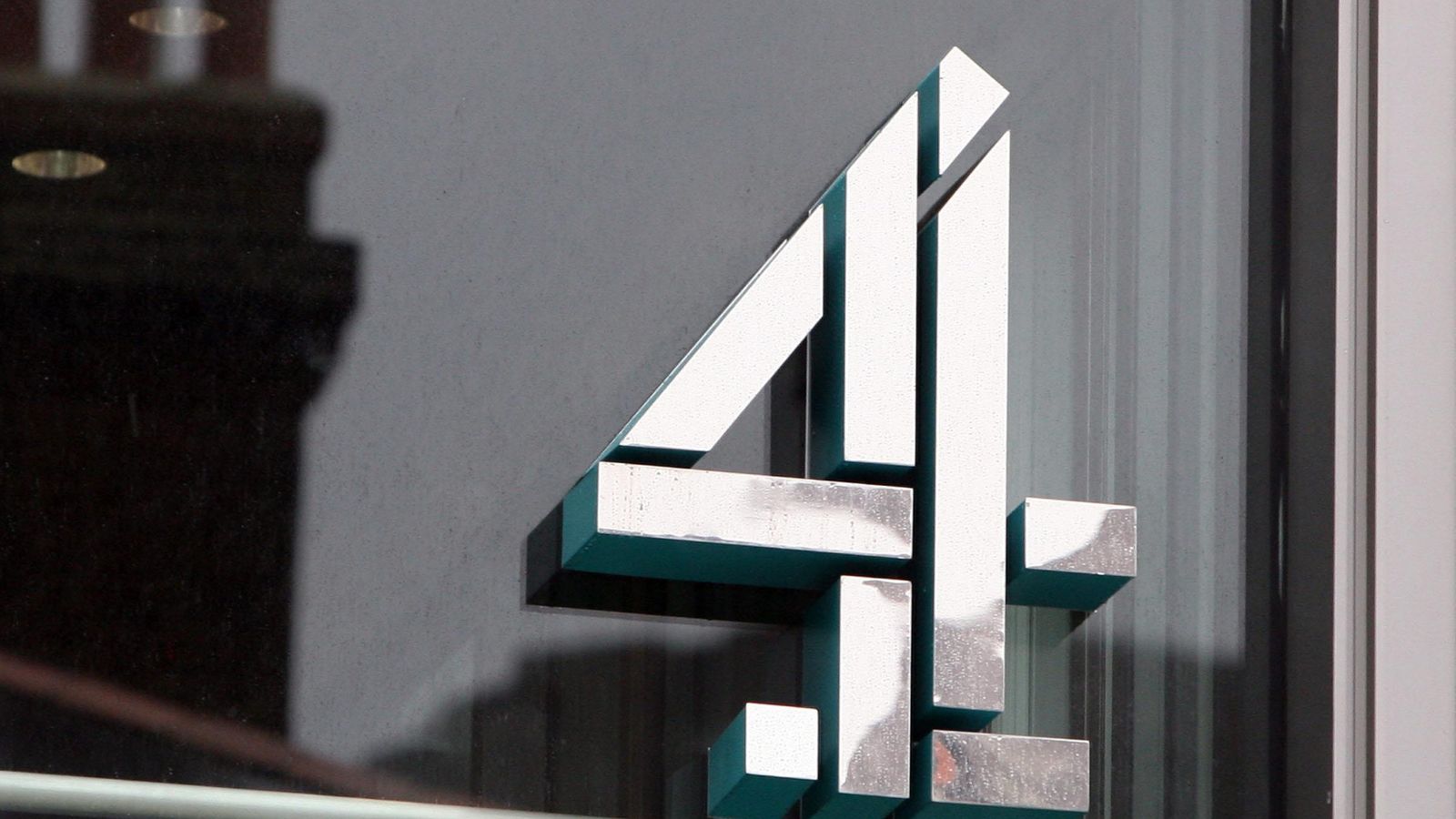A former boss of the DIY retailer Kingfisher and one of Britain’s top branding experts are among the contenders to become the next chair of Channel 4 amid the state-owned broadcaster’s battle to avoid privatisation.
Sky News has learnt that Sir Ian Cheshire and Rita Clifton were among a handful of people interviewed for the post earlier this month by the media regulator, Ofcom.
Sir Ian, who has also held an influential role in Whitehall and chaired Barclays UK and Debenhams, and Ms Clifton, who ran Interbrand and now sits on the boards of the John Lewis Partnership and Nationwide, would both be credible appointees, industry insiders said on Tuesday.
Among their rivals for the post is Dame Carolyn Fairbairn, the former CBI director-general and erstwhile BBC and ITV executive, who Sky News revealed last month had been shortlisted for the job.
The high calibre of the shortlist will encourage ministers that candidates have not been deterred from applying for the Channel 4 job despite the controversy surrounding a potential government sale of the company.
Ofcom and the Department for Digital, Culture, Media and Sport (DCMS) are not expected to reach a decision on a preferred candidate for several more weeks, according to those close to the process.
While Ofcom is responsible for conducting the search for board members of Channel 4 under the 1990 Broadcasting Act, an appointment will need to be approved by Nadine Dorries, the culture secretary.
Oil marches towards $100 a barrel as markets react to Ukraine developments
Ukraine crisis: Five Russian banks and three oligarchs targeted in UK sanctions on Moscow
Ukraine crisis: Germany halts approval of Nord Stream 2 gas pipeline from Russia
Ms Dorries said recently that a decision on privatisation would be reached “very shortly”, with Whitehall officials sifting through tens of thousands of submissions to a consultation on the broadcaster’s future.
At the weekend, The Observer reported that a group of senior Conservative MPs had written to Boris Johnson to oppose a sell-off, arguing that it would undermine the prime minister’s levelling-up agenda.
The Channel 4 chairmanship is being hold on an interim basis by Dawn Airey, a former ITV, Sky and Channel 5 executive.
Ms Airey recently replaced Charles Gurassa, who infuriated ministers last year by mounting an outspoken attack on the potential sale of the company, saying that it “leaves us as a board deeply concerned given our statutory responsibility to deliver Channel 4’s remit”.
He accused ministers of “sleepwalking into the irreversible and risky sale of an important, successful, and much-loved, British institution”.
Channel 4’s chief executive, Alex Mahon, has argued that its ability to invest outside London, having recently opened a national headquarters in Leeds, would be threatened by privatisation.
It recently emerged that the government had blocked the reappointment of two Channel 4 non-executive directors, leaving the broadcaster – which has a statutory diversity objective – facing the prospect of having an all-white board.
Prominent media figures including Sarah Sands, the former Today Programme editor, have been appointed as Channel 4 directors in the last few months.
Sky News reported several week ago that Channel 4’s board had drafted in Alvarium, a merchant banking and wealth management firm, to draw up a blueprint of options for its future funding requirements.
The appointment of Alvarium was perceived as underlining Channel 4’s board’s determination to resist an outright sale.
The merchant bank’s work is likely to include assessing alternative revenue streams which could supplement its existing advertiser funding-led model.
Bankers from JP Morgan are providing the government with corporate finance advice on Channel 4’s remit, ownership and obligations.
Media groups including Discovery, which is in the process of merging with WarnerMedia to form Warner Bros, are reported to be interested in a takeover of Channel 4.
John Whittingdale, the former culture secretary, said in a speech last autumn that Channel 4 would “at some point soon…need cash” if it wanted to grow.
“Without it, Channel 4 won’t have the money to invest in technology and programming, and it won’t be able to compete with the streaming giants,” Mr Whittingdale said.
“So the next obvious question is where does that cash come from? It can either be on the back of the taxpayer, or it can come from private investment.
“And it’s our strong position – as a point of principle – that the borrowing of a commercial TV channel should not be underwritten by a granny in Stockport or in Southend. Instead, we can help it unlock that much-needed investment.”
The Department for Digital, Culture, Media and Sport declined to comment, while neither Ms Clifton nor Sir Ian could be reached for comment.






















